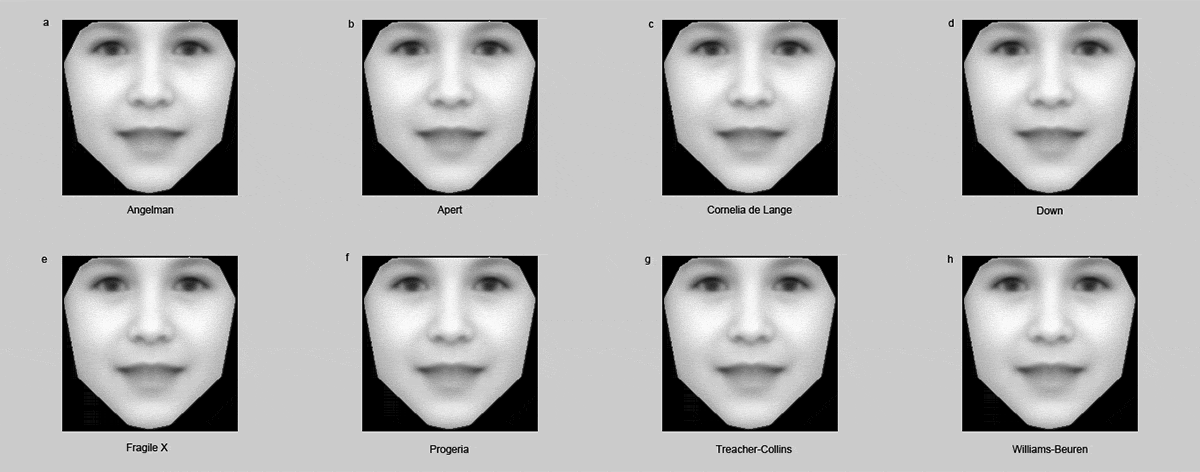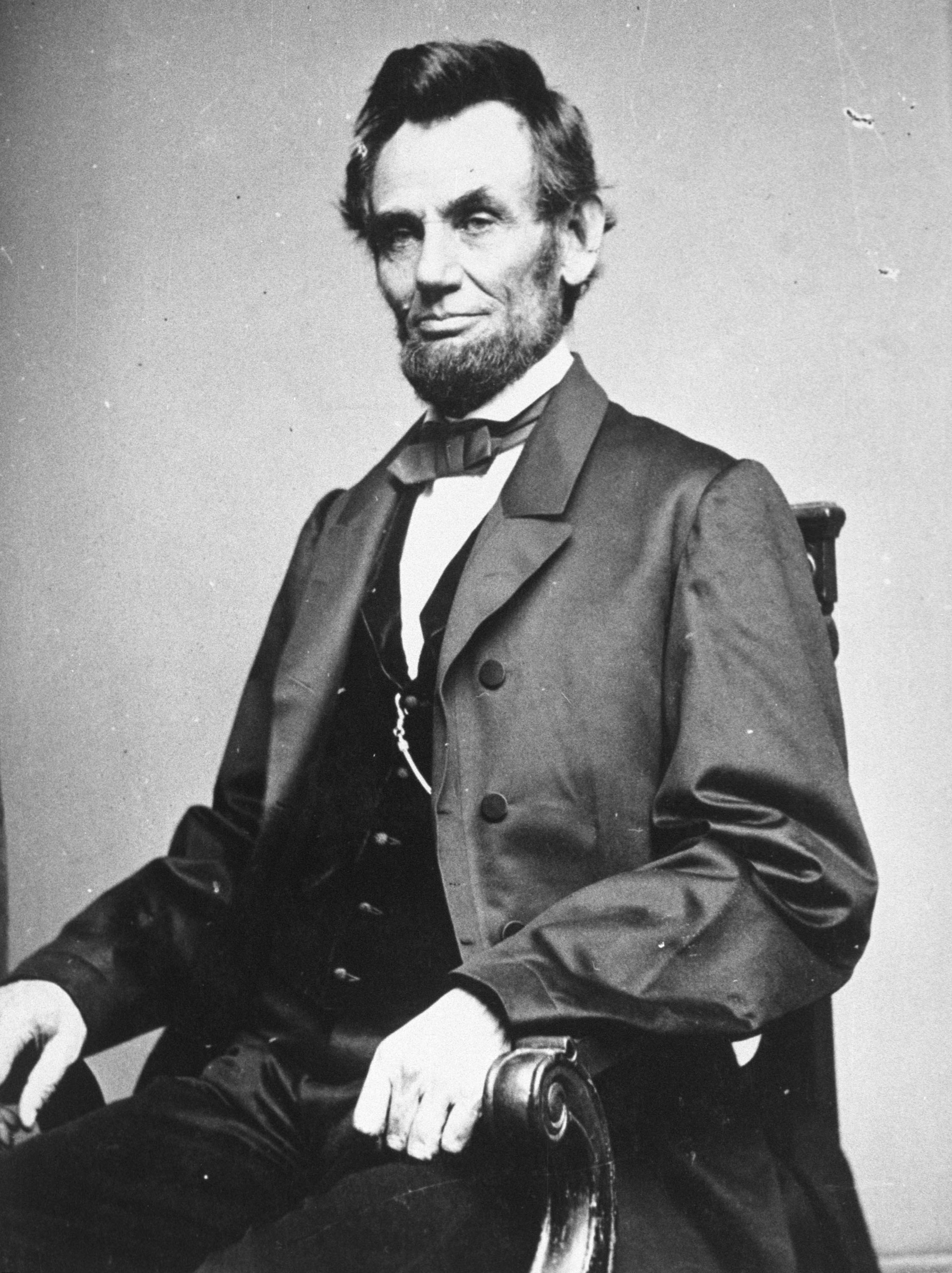
Digital photos are proving to be important medical tools to help doctors diagnose rare genetic disorders in children.
Researchers at Oxford have developed a new form of facial recognition software that allows computers to scan, say, a Facebook family photo album to analyze how the corners of a child’s eyes, nose, mouth and other features align with characteristics of disorders including Down’s syndrome, Angelman syndrome and Progeria.
The program accounts for various lighting, image quality, backgrounds, poses and facial expressions. Even duck face.
In the past, digital photographs have been used to help parents informally diagnose diseases in children. When Tara Taylor posted a photograph of her 3-year-old daughter on Facebook in April, for example, a friend in her social network informed her that the glow in the girl’s eyes could indicate Coat’s disease, which if undiagnosed, could lead to blindness.
But this program, while still in its developmental phases, is a big step forward.
“A doctor should in future, anywhere in the world, be able to take a smartphone picture of a patient and run the computer analysis to quickly find out which genetic disorder the person might have,” Dr. Christoffer Nellåker of Oxford’s MRC Functional Genomics Unit said in a release.
After being fed 132 photographs of people with these disorders, the algorithm now has the ability to identify warning signs based on 36 facial features. It can recognize 90 disorders, and the number rises as more faces are fed into the system. Researchers told the New Scientist that Abraham Lincoln even ranked as a possible carrier of Marfan syndrome, which results in large facial features:

More Must-Reads from TIME
- Why Trump’s Message Worked on Latino Men
- What Trump’s Win Could Mean for Housing
- The 100 Must-Read Books of 2024
- Sleep Doctors Share the 1 Tip That’s Changed Their Lives
- Column: Let’s Bring Back Romance
- What It’s Like to Have Long COVID As a Kid
- FX’s Say Nothing Is the Must-Watch Political Thriller of 2024
- Merle Bombardieri Is Helping People Make the Baby Decision
Contact us at letters@time.com